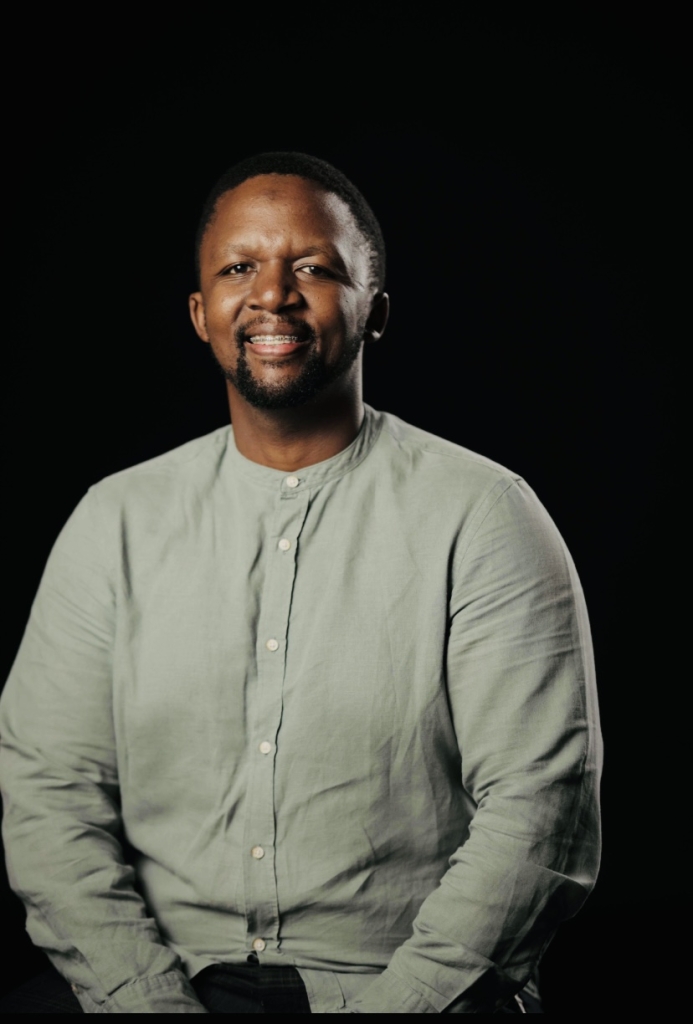
As a millennial leader and business owner, I often reflect on the role of Broad-Based Black Economic Empowerment (B-BBEE) in shaping our nation’s economy. It was introduced to address the injustices of the past, yet its effectiveness remains a topic of heated debate. The question we must now ask is this: Is B-BBEE doing enough to ensure a truly inclusive economy? And if not, how can we collectively do better?
The South Africa I was born into was a nation of stark contrasts. A small minority held the majority of wealth and power, while the majority were excluded from economic participation. B-BBEE was born from the necessity to redress this imbalance, to open up opportunities that had been denied to so many.
At its heart, B-BBEE was never just about equity in numbers; it was about creating equity in opportunity, developing a society where every South African, regardless of race or gender, could thrive.
In many ways, B-BBEE has delivered significant wins. Black ownership in listed companies now stands at 29%, according to the B-BBEE Commission’s 2022 report. Women have made strides too, holding 25.8% of top management positions as of 2023. These figures represent the fruits of hard-fought battles for representation and equity.
As millennials, we often hear we are the most diverse, inclusive, and forward-thinking leadership group in history. According to Deloitte’s 2023 Millennial Survey, 74% of millennials in leadership roles say they prioritise inclusivity and diversity within their organisations. For me, this is not just a statistic; it’s a calling. Transformation is not a box-ticking exercise but a commitment to the belief that diversity strengthens us all.
Despite its noble intentions, B-BBEE has often been criticised for falling short of its goals. Over the years, businesses have found ways to exploit loopholes in the system, turning what was meant to be a transformative policy into a compliance exercise.
One of the most glaring issues is the rise of “fronting”, where companies falsely represent black ownership or management to achieve higher B-BBEE scores. The B-BBEE Commission has flagged numerous cases of individuals being listed as shareholders without their knowledge or meaningful participation in the business.
Additionally, many organisations approach B-BBEE as a mere checklist, focusing on scoring points rather than creating substantive change. Procurement, for instance, often becomes a game of numbers, with contracts awarded to companies that meet the criteria on paper but fail to deliver on genuine empowerment.
The focus on short-term compliance undermines the long-term goals of the policy. Instead of bringing about real inclusivity, this box-ticking approach perpetuates inequalities by prioritising appearances over meaningful transformation.
Corruption further exacerbates the problem. Reports of nepotism and cronyism in awarding tenders erode public trust and hinder the potential for B-BBEE to create lasting economic change.
Yet, for all the progress we celebrate, the reality is that transformation remains uneven. The youth unemployment rate, at a staggering 45.5% as of Q1 2024, is a painful reminder of the gaps that still exist. For many young South Africans, the promise of democracy and empowerment feels out of reach.
For women, particularly those in marginalised groups, systemic challenges persist. While the numbers may show progress, the lived reality often tells a different story: unequal pay, limited mentorship opportunities, and workplaces that still struggle to accommodate the realities of women’s lives.
Millennial leaders are known for prioritising values over profits, and I see this as the heart of real transformation. For me, workplace transformation means more than hitting targets. It means creating environments where people of all backgrounds. Black or white, men or women can lead, innovate, and excel.
To achieve this, we must:
- Champion women: Address gender pay gaps and provide pathways for women to enter leadership roles.
- Empower young people: Invest in education, skills development, and mentorship to prepare the next generation for meaningful careers.
- Demand accountability: Ensure that transformation efforts are transparent, ethical, and focused on long-term outcomes.
As a millennial business leader, I believe our generation has a unique opportunity to reshape the narrative. We are not constrained by the past, but we carry its lessons with us. Our challenge is to build on the foundation laid by B-BBEE and ensure that its impact is felt by all South Africans, now and in the future.
Transformation is an ongoing process, not a quick fix, requiring continuous effort and unwavering commitment. As we move forward, we must stay dedicated to shaping an economy that serves everyone. A South Africa where equality, justice, and opportunity are tangible realities for all South Africans.
